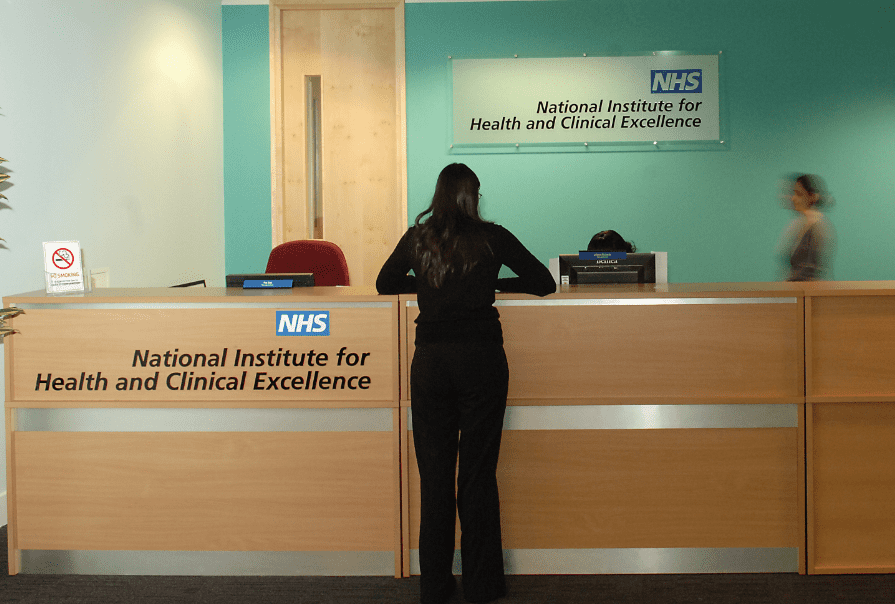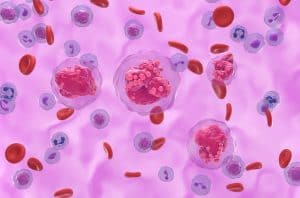
NICE rejects Jakavi
pharmafile | February 13, 2013 | News story | Sales and Marketing | Jakavi, NICE
NICE has today issued draft guidance saying it does not recommend Novartis’ Jakavi for patients with myelofibrosis, a rare blood cancer.
All is not lost for Novartis, since NICE’s recommendation is now out to public consultation and there is a second appraisal committee meeting next month, with final guidance expected in June.
But the signs are not good: NICE says that, while the drug is clinically effective, it will be significantly less cost effective than Novartis thinks.
Jakavi (ruxolitinib) is approved in Europe and the US for patients with myelofibrosis, a type of myeloproliferative disease (MPD) which affects about 0.75 out of every 100,000 people in Europe each year.
Specifically, the drug can be used to treat disease-related splenomegaly or symptoms in adults with primary myelofibrosis, or myelofibrosis secondary to two other types of MPD – polycythaemia vera or essential thrombocythaemia.
Sufferers find their bone marrow becomes scarred making it less able to create blood cells: in turn this means other organs such as the liver and spleen begin to produce them, causing the spleen to grow.
NICE’s committee concluded that Jakavi was effective in reducing spleen size and in treating symptoms, such as itch and fatigue – and also felt it was ‘plausible’ that it could offer a survival benefit.
But it was concerned about what it called ‘uncertainties’ in the data used by Novartis to estimate this benefit, and about the “limitations of the manufacturer’s economic model and many of the modelling assumptions”.
In short, it concluded that these increased the uncertainty of the drug’s incremental cost effectiveness ratio (ICER): Novartis said it would be £74,000 per quality-adjusted life year (QALY) gained – but NICE felt the figure would be closer to £149,000.
Professor Carole Longson, Health Technology Evaluation Centre director at NICE, admitted the draft guidance was ‘disappointing’.
But she added: “We have to be sure that the treatment is both clinically and cost effective, because money has to be diverted from elsewhere in the health service to pay for it.”
Novartis pledged to work with NICE, and drew encouragement from some of the committee’s comments.
“We believe that ruxolitinib has the potential to improve patient quality of life and address the underlying causes of the disease,” said Panos Alexakos, oncology general manager, Novartis UK & Ireland.
Analysts expect peak Jakavi sales in the US to reach $600 million, and around $350 million in the rest of the world.
The drug is a JAK 1 and JAK 2 inhibitor which works by targeting the underlying mechanism of disease, the signalling in the JAK pathway which regulates blood cell production.
Trials have shown Jakavi significantly reduces splenomegaly and improves symptoms regardless of JAK mutational status, disease subtype or any prior treatment, including hydroxyurea.
Adam Hill
Related Content

NICE recommends migraine treatment for NHS use
The National Institute for Health and Care Excellence (NICE) has shared draft guidance recommending AbbVie’s …

GSK’s Jemperli recommended by NICE for endometrial cancer treatment
GSK has announced that the National Institute for Health and Care Excellence (NICE) has recommended …

NICE recommends SC treatment of AbbVie’s Tepkinly for patients with DLBCL
AbbVie has announced that the National Institute for Health and Care Excellence (NICE) has recommended …








